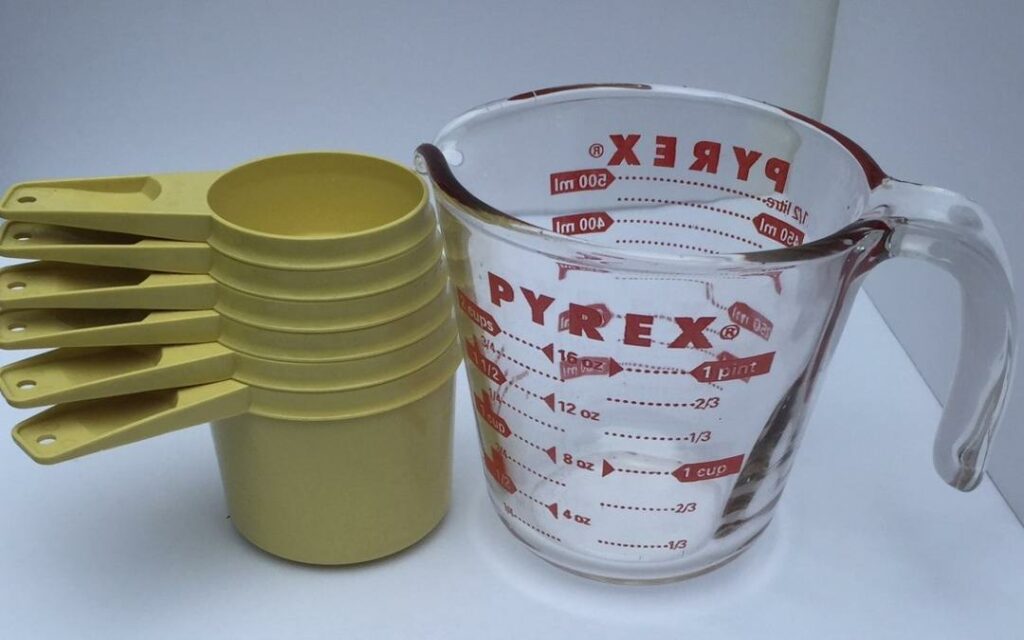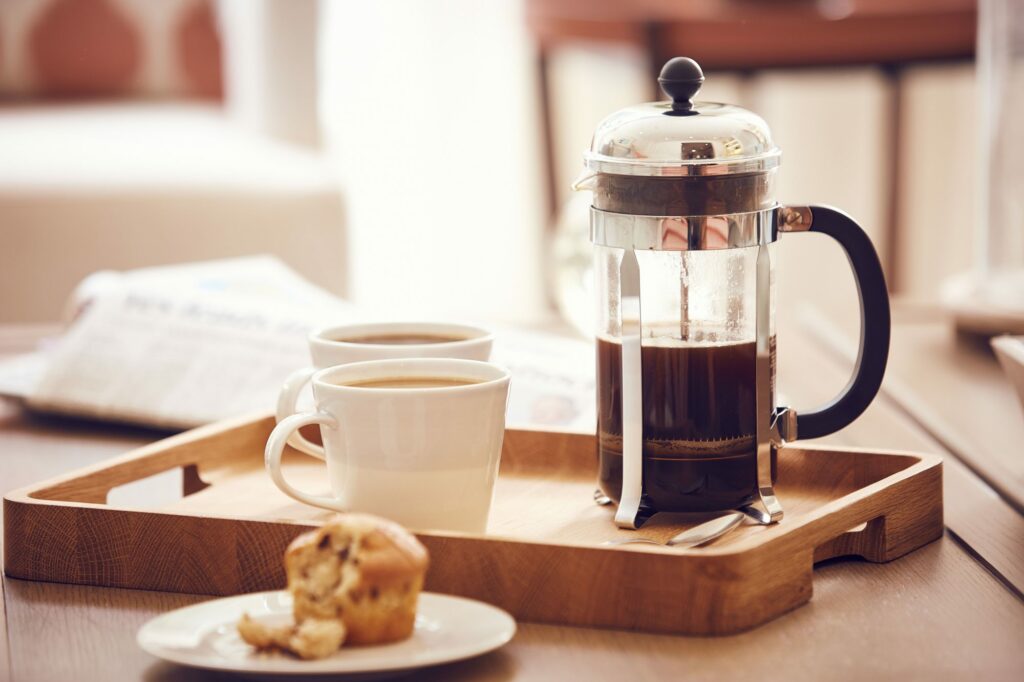A cup of water’s weight is equivalent to 2 common smartphones for comparison. There are plenty of ways to know the weight of water, and putting it in a cup is one of those. Cups can be found in a typical household and are widely used by people for water volume measurement.
Contents
- 1 The Exact Weight of a Cup of Water in Different Measurement Units
- 2 How Does Cup Determine the Weight of the Water?
- 3 Significance of Comparing Cup to Other Containers in Water Weight Measurement
- 4 Reasons Why Using Cup For Water Weight Measurement is Convenient
- 5 The Accuracy of Using Cups for Water Weight Measurement
The Exact Weight of a Cup of Water in Different Measurement Units
The exact weight of a cup of water in metric volume (milliliters) is about 236.6mL. If 1mL is equal to .001 liter, then 236.6ml is .2366 L. For grams, it is known that 1 mL is equivalent to 1 gram, then the amount of grams in a cup of water is 236.6. To convert mL to ounces, you must know the equivalent value of grams to ounces first. A gram is equivalent to 0.03527396 ounces, so if a cup of water is 236 mL, multiply it to 0.03527396, and there’s the value of it in ounces. Pint as a measurement also has a lower value to mL like an ounce.

How Does Cup Determine the Weight of the Water?
You can determine the weight of the water in a cup by using a measuring cup. The specific measuring cup you must have for determining the weight of water must have milliliter labels. A gram is a unit of weight measurement, and a milliliter is the closest unit to it when compared. Remember that a gram is equivalent to a milliliter. After converting milliliters to grams, it is possible to convert grams into other units of weight measurement.
Significance of Comparing Cup to Other Containers in Water Weight Measurement
Comparing cups to other containers in water weight measurement can help you use the right amount of water in a specific task. For example, if your cup is gone and you only have a bottle as a small water container in your kitchen. If you know how many cups it would take to fill a bottle, using it as an alternative to a cup is just as effective. In most Asian countries, knowing the proportion of water to cook rice is crucial. Suppose you pour too much water along with the raw rice resulting in a porridge-like consistency. If the water is lacking, the rice is almost not suitable for consumption. Using small water containers like glasses, cups, and bottles can help estimate the proper amount of water for cooking or even consumption.

Reasons Why Using Cup For Water Weight Measurement is Convenient
The primary reason why it is convenient using a cup for water weight measurement is the ease of access. There is almost no home in the world that doesn’t have a cup. Another reason why cups are convenient is how they are designed. Unlike most glasses and bottles, many cups are designed to have a handle on their side. With the help of a cup’s handle, your grip on the container is better, and it is less likely that you can drop it by accident. Because you can handle cups with ease, water spills don’t happen most of the time, even when moving along. Also, cups are shorter than bottles and glasses, thus making them more stable than both. A cup’s weight is also a good factor in its convenience. Since many cups are lightweight, people from different age groups can use them without any hassle.
The Accuracy of Using Cups for Water Weight Measurement
Using cups for water weight measurement offers much help to the common folk. Still, when it comes to the accuracy of water weight measurement, using cups is not the best option. For daily tasks, perfectly accurate measurement is not essential. However, for experimentation purposes, a small mistake might change the results thoroughly. Cups have a different volume capacity than regular coffee, teacups, and any household cups when talking about cups for water weight measurement.

Another requirement for cups to be accurate is placing them on a perfectly flat surface. Still, no matter how accurate a measuring cup is, the best method to measure water weight is weighing scales. Weighing scales may be more accurate for measurement, but it also has its disadvantages. Electronic weighing scales rely on a power source to operate, while traditional weighing scales are not lightweight. Another method of water weight is by measuring spoons. Measuring spoons, make sure that each amount of water is measured is accurate, unlike measuring cups. Using measuring spoons is more accurate than using measuring cups for water weight measurement. The only drawback is the time it will take to finish the measurement. Even though the accuracy of using cups for water weight measurement is questionable, it is still widely used. For most people, accuracy is not that important. Estimation of the weight is what they need, and cups for measurement are more than enough to fulfill the task.